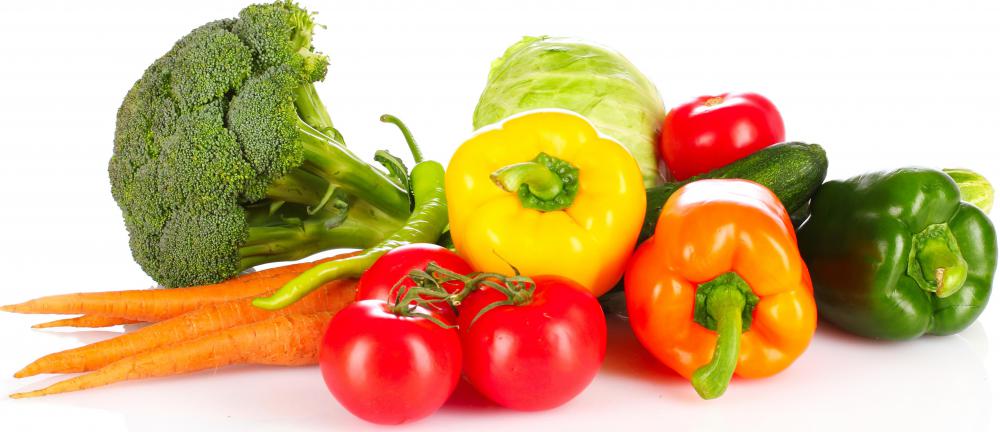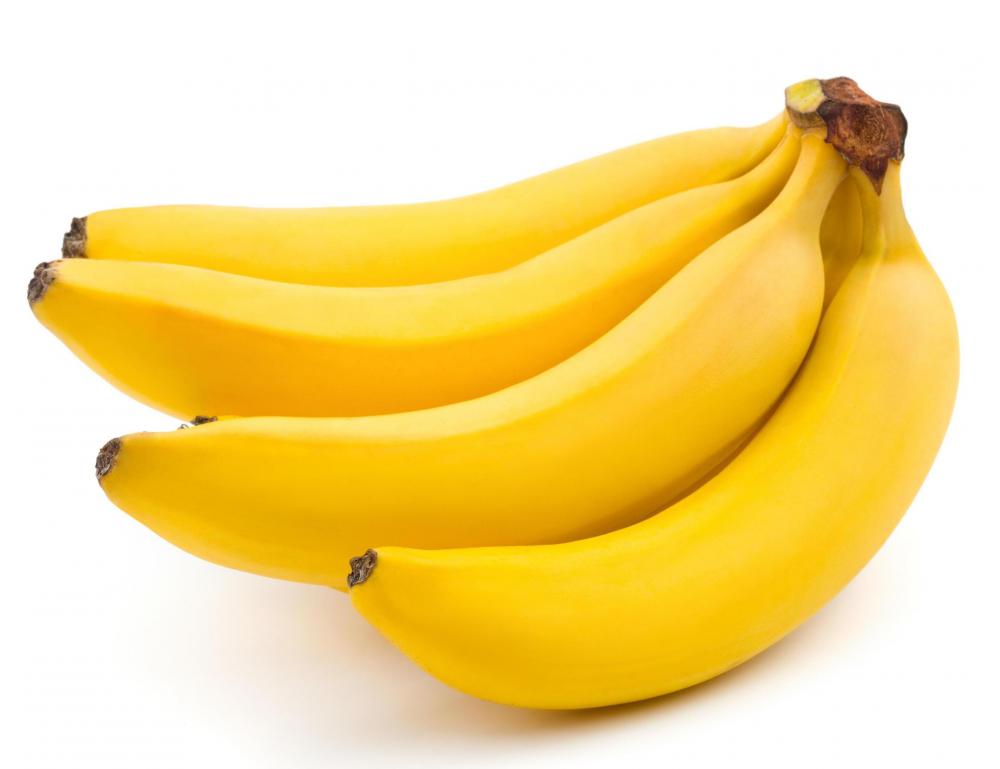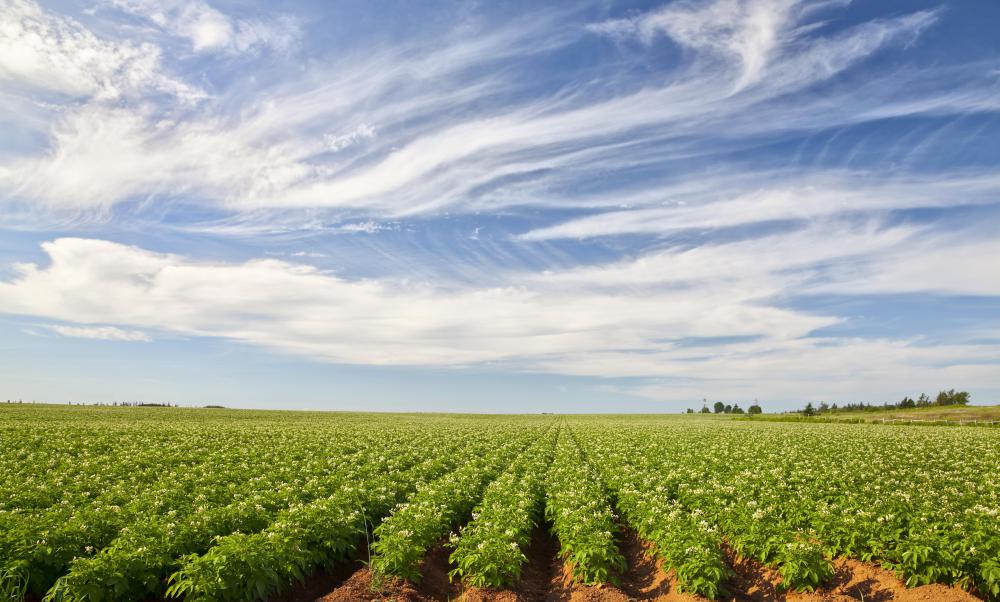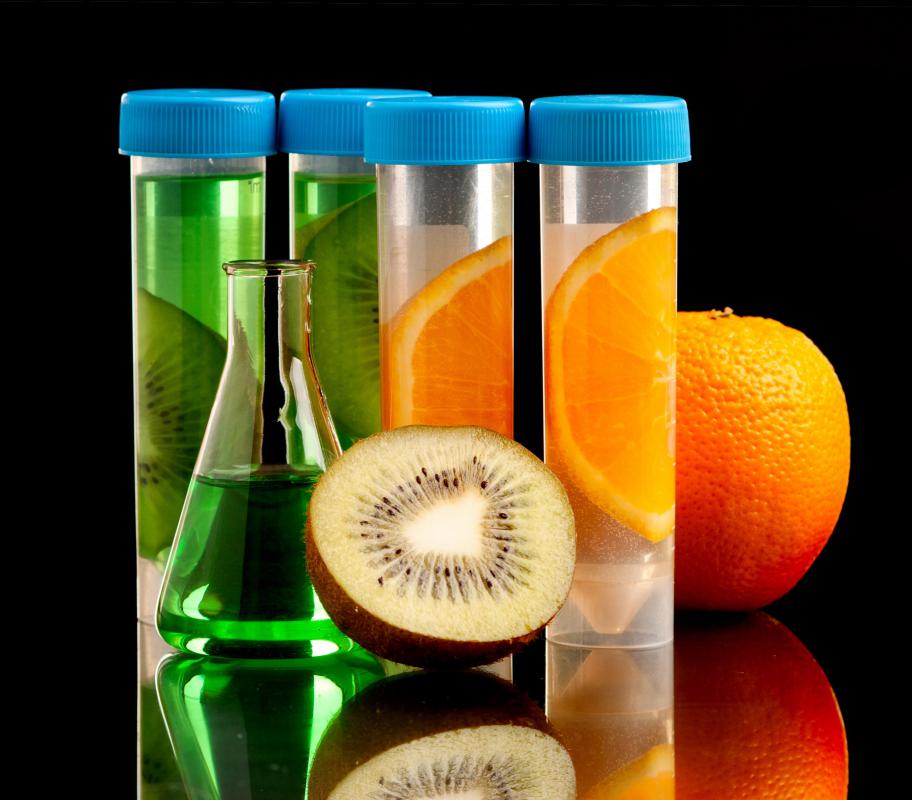At DelightedCooking, we're committed to delivering accurate, trustworthy information. Our expert-authored content is rigorously fact-checked and sourced from credible authorities. Discover how we uphold the highest standards in providing you with reliable knowledge.
What is Organic Food?
The definition of organic food is constantly changing. Some people understand the term as food grown without the use of pesticides, chemical fertilizers, hormones, or genetic modification. Organic food can refer to fruits and vegetables and also to meat, dairy products, eggs, and poultry. Another label is “certified organic,” which means the food meets certain standards that a state in the US, the US or other countries have established as a definition of organic.
What’s complicated is that there is not a single definition of organic. Some countries like Australia and the US have strict percentages of organic ingredients for foods like meat. For instance, a cow fed less than 95% organic feed could not be slaughtered and sold as organic beef.

Organic food may also be labeled by processes to prepare the food. Things that are irradiated or ripened through chemical or artificial means may not be called organic. It really does depend though on how a particular state or country defines the term. Some people who are interested in eating organic food define the term in a much more structured way than do some states.

There may be some strong evidence available that organic food is healthier. Certainly avoiding pesticides is healthier. Moreover, fruits and vegetables that are grown in an organic fashion may have higher vitamin and mineral content. Still, it’s hard for everyone to buy organic food because worldwide production of foods labeled organic is only about 1-2% of total food production.

Another issue with many foods that are grown organically is that there is more significant crop loss or even lower weight animals as a result. The average organic sheep or cow, especially when not given growth hormones, may be smaller. Milk product from cows given bovine stimulating hormone will be lower. This translates to the consumer as greater cost for organically grown food, and not everyone can afford to eat organic all of the time.

While you may not be able to buy organic food due to expense, you can buy local foods that may have less processing. This doesn’t make them certified organic. For instance, at many local farmers markets you can find fruits and vegetables that aren’t grown with the use of pesticides. These may not cost as much because they lack certification, but they still may be better for you than foods grown with pesticides.

For many environmentalists, the trend toward organic food production, which is increasing in the world, is very good news. Use of things like hormones, pesticides, chemicals and certainly genetic modification of food raises considerable concern. Such products can have an overall effect on the eco-system in which animals are raised or fruits and vegetables are grown. Growing concern over the pollution aspects of many processes used in non-organic farming and animal husbandry may continue to increase support for organic methods of growing food.
AS FEATURED ON:
AS FEATURED ON:




















Discussion Comments
To recognize organic produce in the grocery store, check the number on the sticker. Regular produce has a number with four digits while organic produce has a five digit number. The first digit in organic produce will be a nine.
Post your comments